Cooking is an integral part of our lives, and choosing the right oven is crucial to ensure that our dishes come out perfectly. Everybody who enjoys cooking should have an oven in their kitchen. They provide convenience, flavorful results, consistency in cooking, time savings, healthier cooking, and adaptability. Every cooking style and necessity has an oven choice thanks to the wide variety of ovens on the market. Whether you are a home cook or a professional chef, making the wise investment in a high-quality oven will enable you to make delectable meals for many years to come.
Types of Oven
There are two main types of ovens available in the market – gas and electric ovens. In this article, we will explore the advantages and disadvantages of both and help you decide which type of oven is the right choice for you.
Gas Ovens
Gas ovens are powered by natural gas or propane, and they are a popular choice among chefs and cooking enthusiasts. Here are some of the advantages and disadvantages of gas ovens.
Advantages
- Faster Preheating: Gas ovens preheat faster than electric ovens. This is because gas ovens use an open flame to heat up, whereas electric ovens use heating elements that take longer to heat up.
- Moist Heat: Gas ovens produce moist heat, which is perfect for baking dishes that need to be cooked evenly and have a moist texture, such as cakes, bread, and roasts.
- Lower Energy Bills: Gas ovens are more energy-efficient than electric ovens, and they can help you save money on your energy bills in the long run.
Disadvantages
- Limited Temperature Control: Gas ovens have limited temperature control, and it can be challenging to maintain a consistent temperature throughout the cooking process.
- Safety Concerns: Gas ovens pose safety concerns as they use an open flame to heat up. It is essential to ensure that the oven is properly installed and maintained to prevent gas leaks and other safety hazards.
- Higher Initial Cost: Gas ovens are more expensive than electric ovens, and the installation cost can be higher, especially if you need to run a gas line to your kitchen.
Electric Ovens
Electric ovens use electricity to heat up and are a popular choice among households. Here are some of the advantages and disadvantages of electric ovens.
Advantages
- Precise Temperature Control: Electric ovens offer precise temperature control, and it is easier to maintain a consistent temperature throughout the cooking process.
- No Open Flame: Electric ovens do not use an open flame, making them safer to use, especially if you have young children at home.
- Lower Initial Cost: Electric ovens are less expensive than gas ovens, and the installation cost is also lower, as you do not need to run a gas line to your kitchen.
Disadvantages
- Slower Preheating: Electric ovens take longer to preheat than gas ovens, which can be frustrating if you need to cook your dish quickly.
- Dry Heat: Electric ovens produce dry heat, which is not suitable for baking dishes that need to have a moist texture, such as cakes and bread.
- Higher Energy Bills: Electric ovens are less energy-efficient than gas ovens, and they can result in higher energy bills in the long run.
Conclusion
Your particular preferences and culinary requirements will ultimately determine whether you choose a gas oven or an electric oven. An electric oven can be the best option for you if you like precise temperature control and want a safer solution. On the other hand, a gas oven can be a better choice if you desire a quicker preheating time and moist heat. Before selecting a choice, it is crucial to take into account the upfront cost, recurring energy costs, and safety issues. If you want to be sure that the oven you choose is installed and maintained correctly, you might also want to seek professional advice.




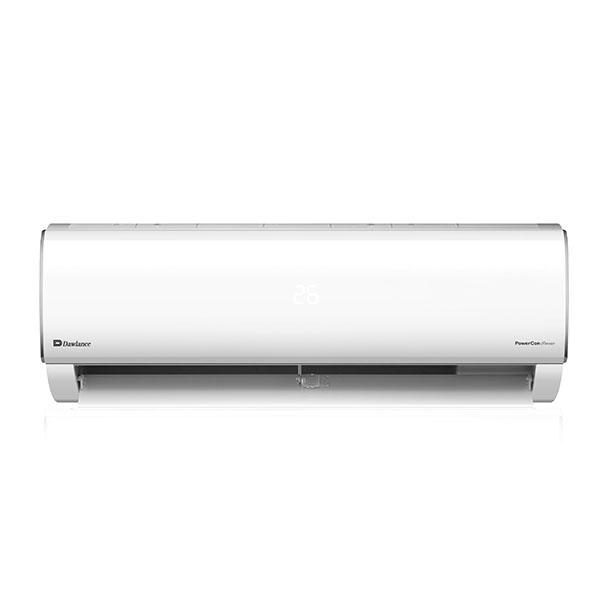

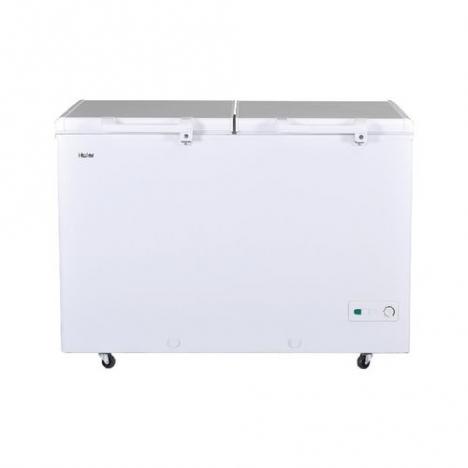

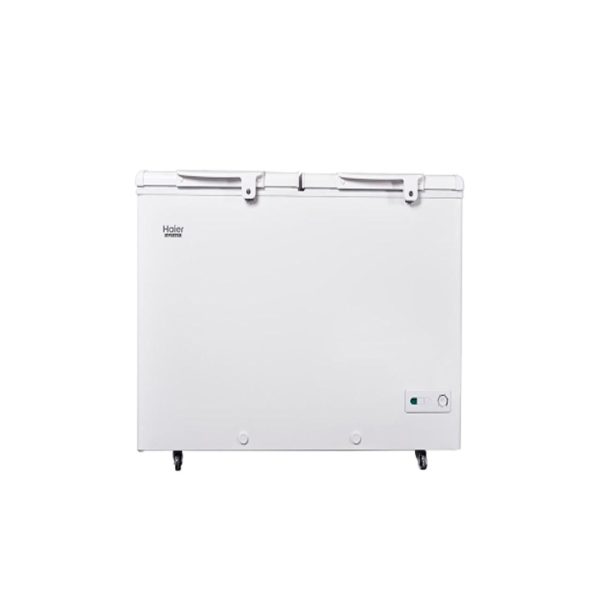




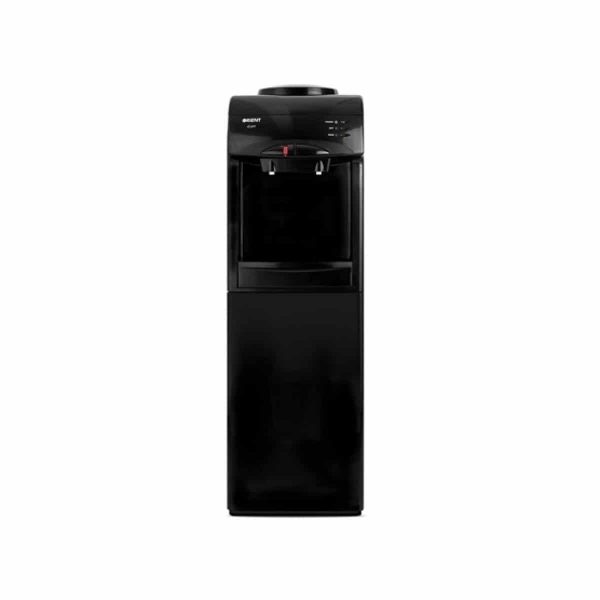
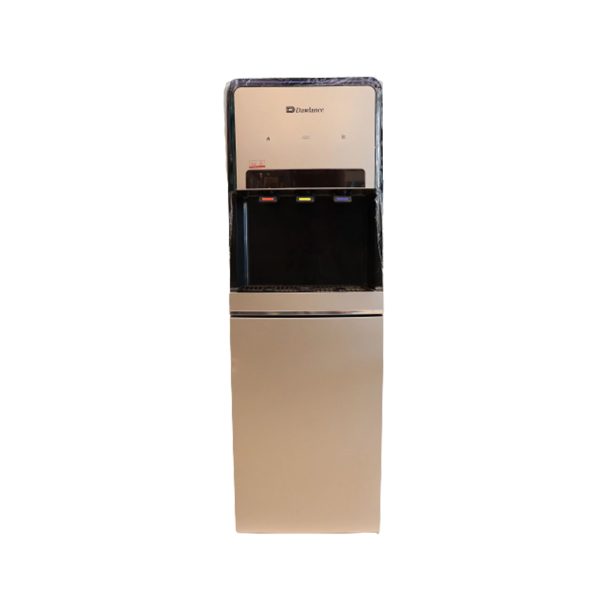

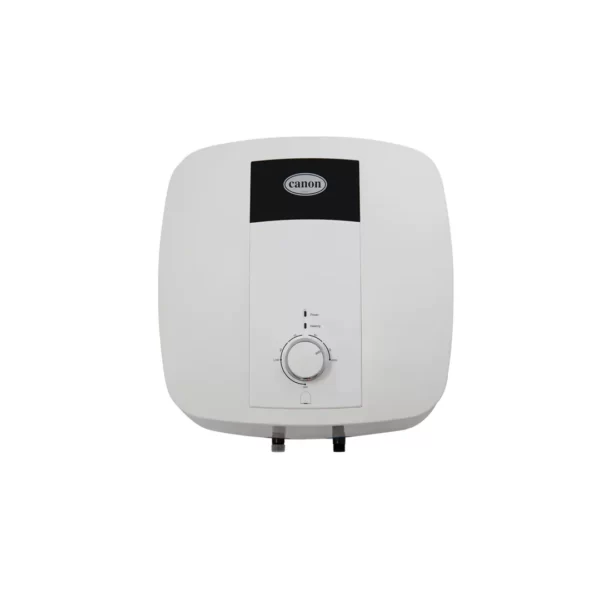
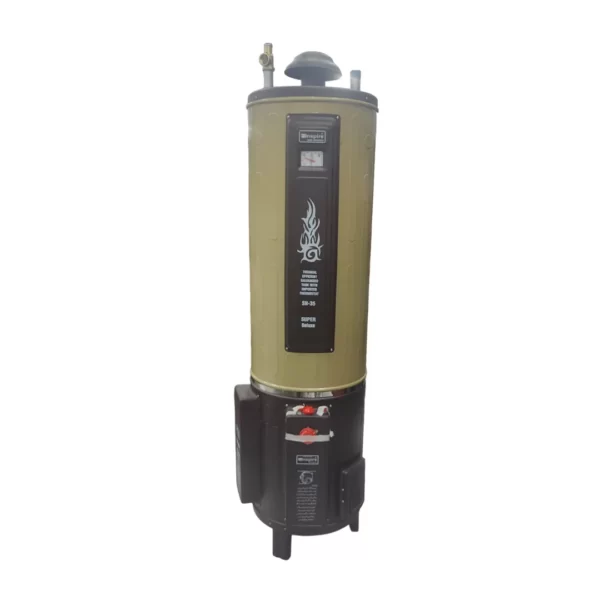
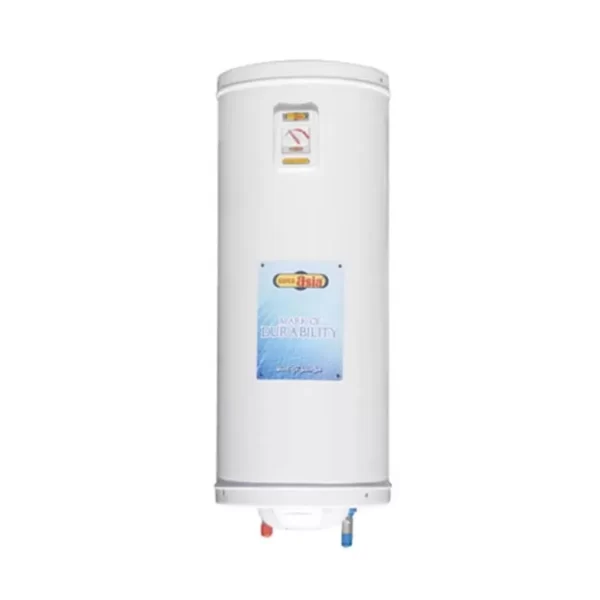
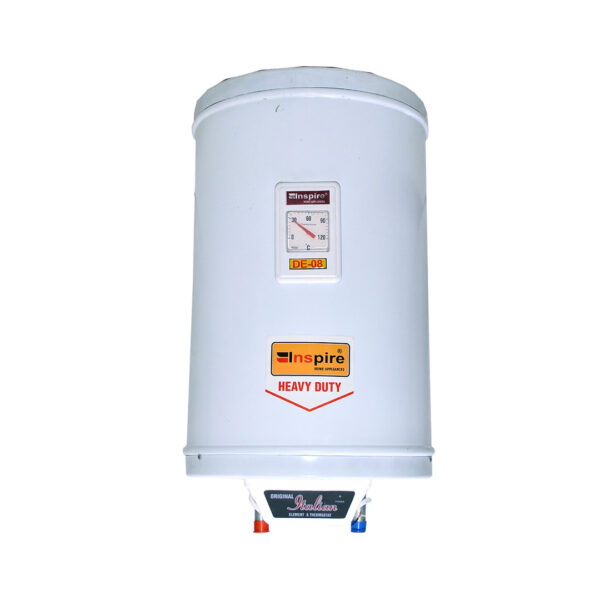

 Dryers
Dryers Ironing / Garment Care
Ironing / Garment Care